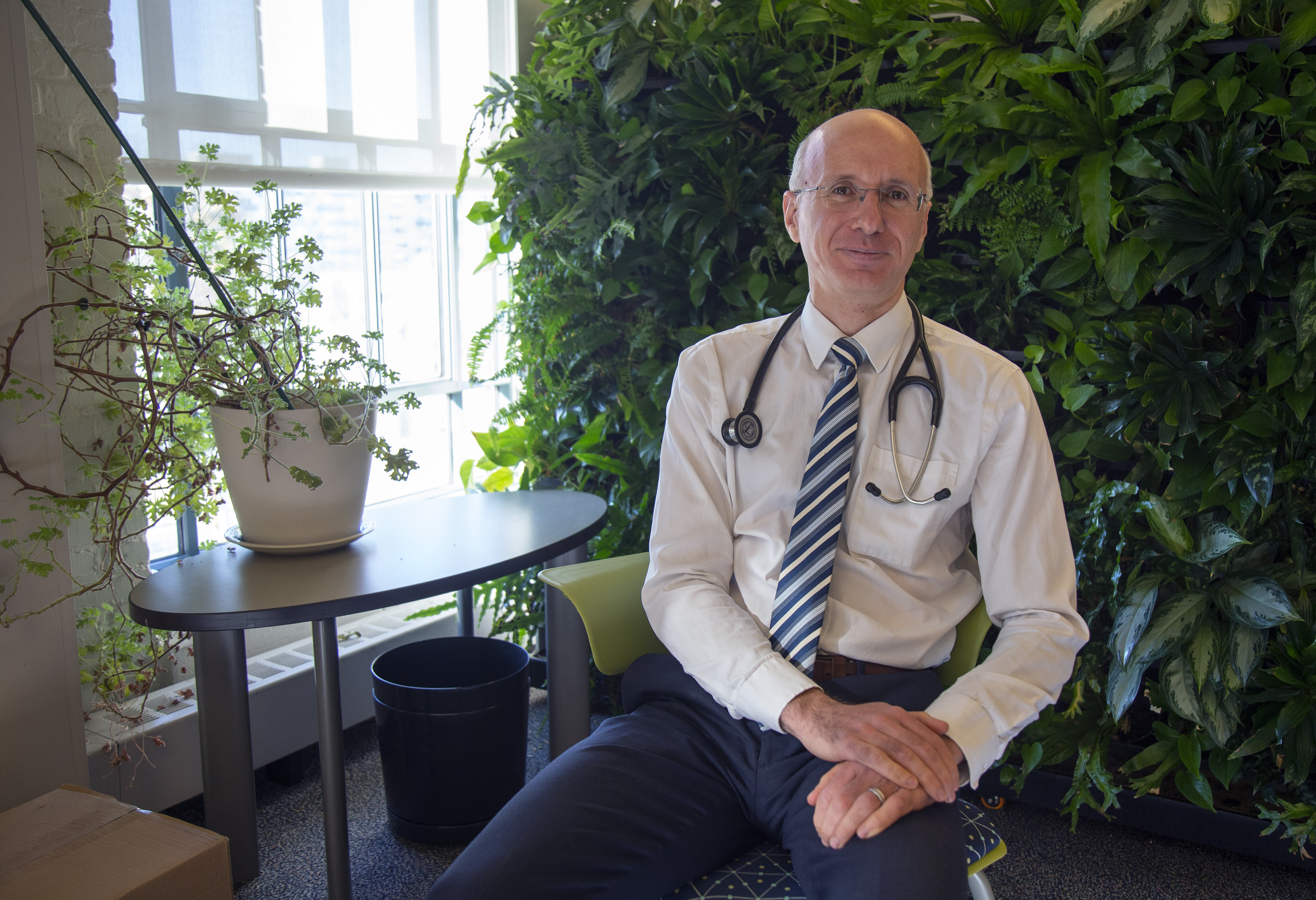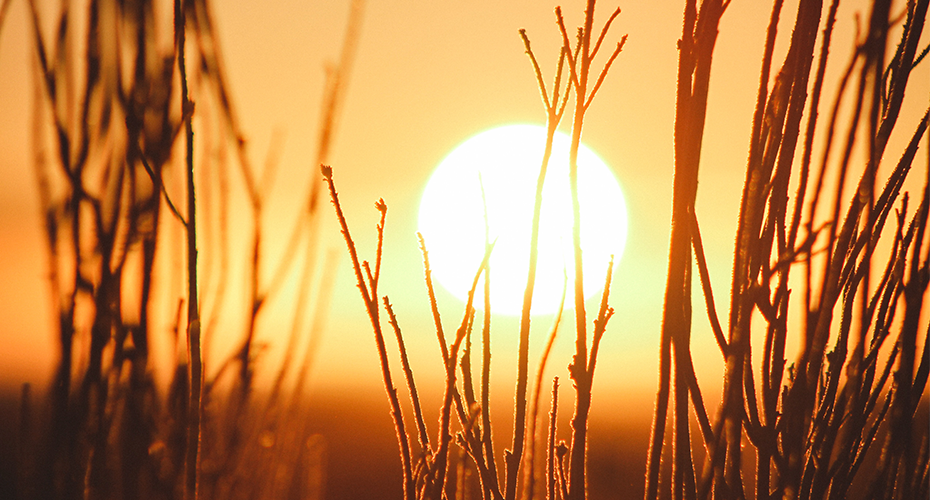Jul 20, 2022
Keeping our cool during record-breaking heatwaves
In a Coverage series, a pediatrician explores the ways health and health care are affected by climate change, and highlights climate actions families can take to ensure that we provide our children and our loved ones with a healthier, more just, and sustainable world.
Summer is upon us, and even as we look forward to reconnecting with friends and loved ones, we also need to remember the health effects of the brutal heat the season is bringing.
We are already seeing record-breaking heat waves in parts of the U.S. The heat is shocking — but hardly surprising. Last summer was one of the hottest and driest on record. This winter was one of the warmest yet for the contiguous United States, and 2022 is on track to be one of the hottest years ever.
Summer heat, made more common and severe because of climate change, isn’t just uncomfortable. In the U.S., some 12,000 each year die from heatwaves, making heat one of the most deadly natural disasters. The more we study heat, the more we realize that it saps just about everything we care about, including our economy, our minds, and our spirits.
To innovate around these challenges, many cities have started to partner with community organizations embedded in neighborhoods around the country. These groups, from religious congregations to Meals on Wheels, have personal ties with individuals who may be at high risk, which can make all the difference in saving a life when a heatwave arrives. Some cities have a buddy system to encourage people to check up on each other. "Plan to check on family, friends, neighbors, and the elderly who do not have air conditioning or who are often alone," the city of Boston urges residents.
Not everyone at risk may have strong social ties. But everybody who reads this will know someone at risk and can learn life-saving interventions to pass on when a heatwave is imminent.
For anybody at risk, and especially folks who may not use or have AC, here are some simple and important ways to stay safe:
- Drink water and not caffeine or alcohol as these can dehydrate you. You know if you are well-hydrated if your urine is light yellow or clear.
- Dress like you are at the beach. Wear loose-fitting clothes.
- Stay on the lowest floor of your home. If the basement is livable, use it.
- Take a cool shower or bath.
Even without AC, actions can be taken to keep temperatures in homes and apartments from going up:
- Cover windows with curtains, shades or whatever works to keep the sun from shining in.
- Eat food that can be eaten cold, so you don’t have to use your oven or range.
- If and when the temperature falls below 70, which in many places happens early in the morning and at night after the sun has gone down, open windows and use a fan to circulate air.
Most important, check up on your neighbors and friends. Call or text or knock on a door.
To keep workers like emergency responders, farmers, and construction workers safe, workplace heat safety protections are important:
- Increasing cool-down and hydration breaks
- Providing shaded rest areas that allow for physical distancing
- Avoiding physical activity during the hottest times of day
- Increasing ventilation and opening windows
This summer, we are fortunate to have safe and effective COVID vaccines available to everyone 12 and over. Vaccines are free and widely available, and protecting against infection is especially important as we seek refuge from the heat indoors together.
Taking steps to prevent heat-related illness and COVID transmission this summer will help ensure that we protect communities of color and the poor, who have been hit hardest by the pandemic. We also can give a reprieve to our nation’s healthcare workforce, which in many places are just starting to recover.
And as we hopefully move steadily closer to enjoying summer, keep in mind that we can also take steps to reduce the risks from pandemics and heat moving forward. Some of the same actions we can take to reduce our risks from pandemics also reduce risks from climate change, including extreme heat. Burning less fossil fuel will reduce harmful air pollution that can lead to worse outcomes from COVID-19 and carbon pollution that drives climate change. Creating more green spaces, especially in low-income urban areas, can cool down neighborhoods, lower utility bills, and reduce air and noise pollution. We can do all this now so that next summer, and in future summers, we will be healthier, more prepared and more resilient to heat.
Did you find this article informative?
All Coverage content can be reprinted for free.
Read more here.

Dr. Aaron Bernstein is director of the Center for Climate, Health, and the Global Environment at the Harvard T.H. Chan School of Public Health (Harvard Chan C-CHANGE) and a pediatrician at Boston Children’s Hospital.
PHOTO OF Dr. AARON BERNSTEIN BY JOHN WILCOX

